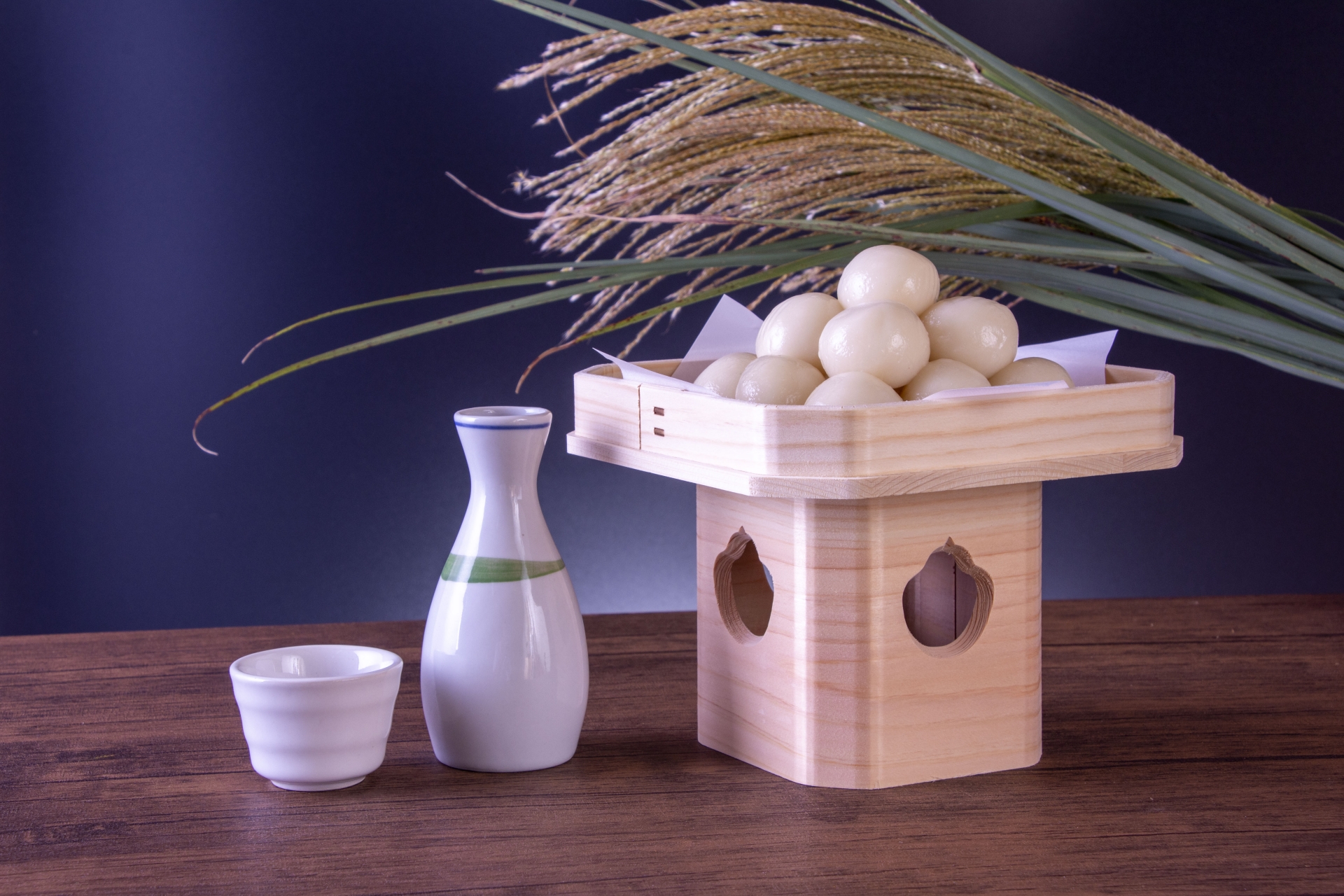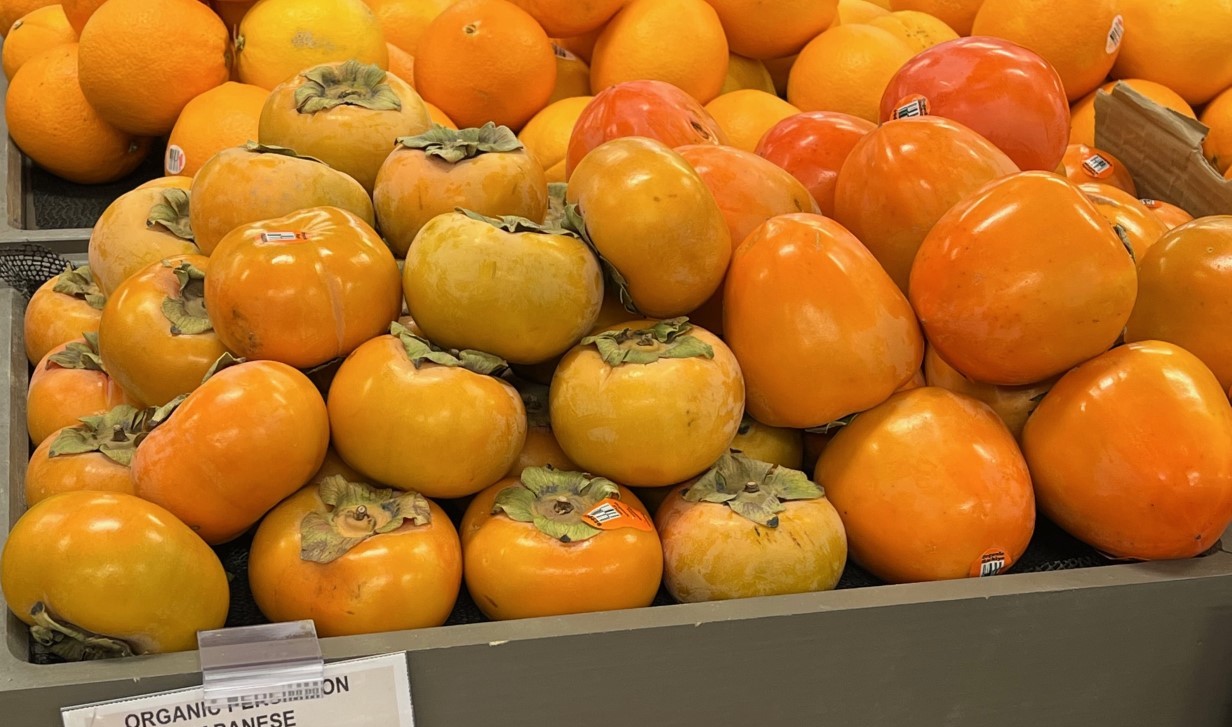ルビ付き和訳は英文の下にあります。/ The Japanese translation is on the bottom of this page and is fully furigana’d.
Mother’s Day is the second Sunday of May in Japan, too.
Around this time of the year, we always have an Observation Day for Parents at elementary schools.
On the topic of an Observation Day, a mother posted a story on a Japanese online bulletin board. We found it funny and would like to share it with you:
A memory of a mother: “When I went to see my son on a Class Observation Day…”
When my son was a second grader, on an Observation Day for Parents, we observed a “moral studies” class.
The day’s subject was “What kind of words from people make you happy?”
Children raised their hands and gave their opinions one after another.
“Itsumo arigatoo.” (Thank you for always being nice.)
“Yasashii ne.” (You are kind/sweet!)
“Karada ni ki o tsukete ne.” (Take good care of yourself.)
“Daisuki da yo!” (I like you very much! It sometimes means “I love you.” said in a family.)
“Zutto tomodachi de iyoo.” (Let’s stay friends forever!)
“Issho ni iruto tanoshii yo!” (It’s fun to be with you!)
“Umarete kite kurete arigatoo.” (Thank you for coming to my family! This is an expression from one’s parent.)
and so on.
I was listening carefully, nodding in agreement at each.
My son was sitting in the rear of the class. I looked over his shoulder and found his answer on a piece of paper:
“O-kozukai, ageru.” (I will give you an allowance.)
****************************
母の日は、日本でも五月の第二日曜日です。
一年のこの時期は、よく小学校で授業参観日があります。
参観日について、ある母親が日本語のオンライン掲示板に投稿していました。面白いので、ご一緒に読みたいと思いました。
ある母親の思い出:「授業参観日に息子を見に行った時……」
息子が小学校2年生の時、道徳の授業を参観しました。
その日のテーマは「人に言われたら、うれしいことば」でした。
次々と手が挙がり、色々な意見が出ました。
「いつもありがとう」
「優しいね」
「体に気をつけてね」
「大好きだよ」
「ずっと友達でいよう」
「いっしょにいると楽しいよ」
「生まれてきてくれてありがとう」
私は、頷きながら聞いていました。
息子は一番後ろの座席だったので、プリントをのぞくと、こう書いていました。
「おこづかい、あげる」
[和文部終わり]




